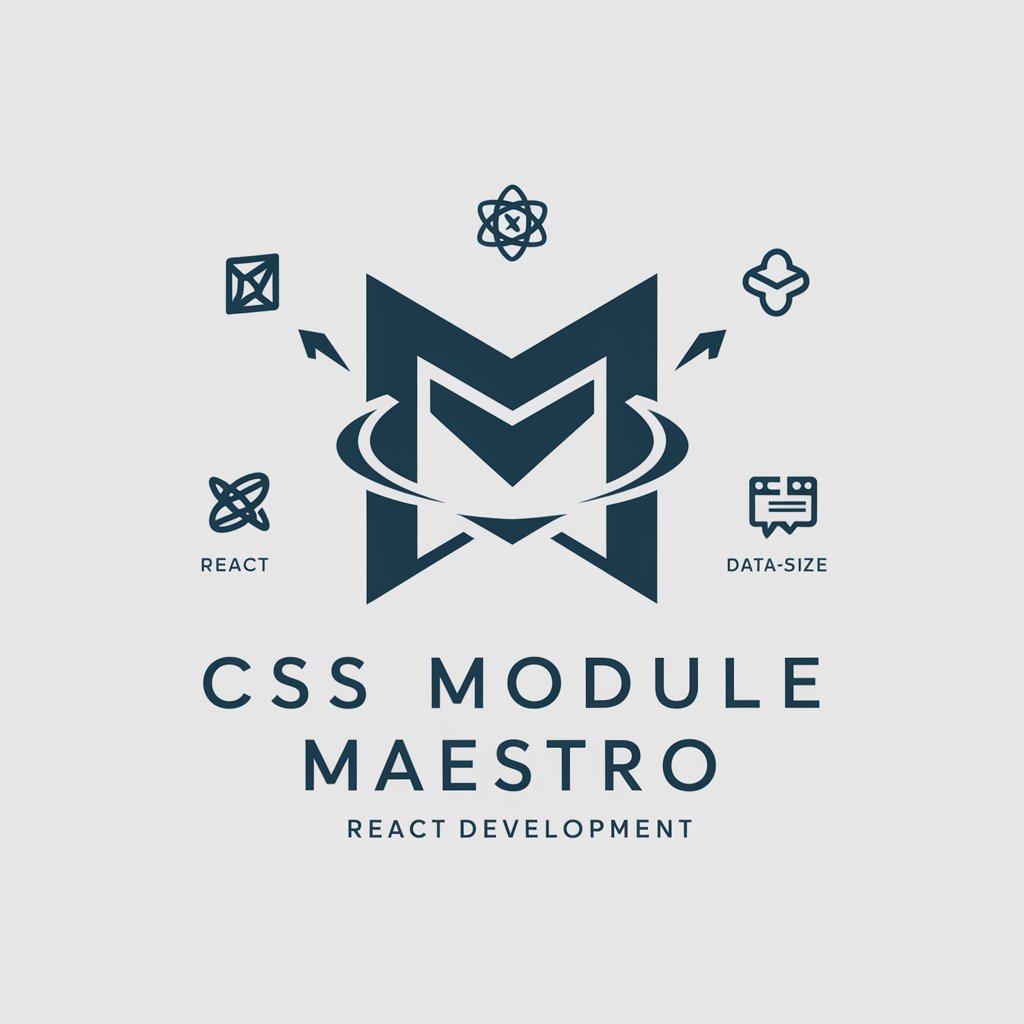
Attribute Extrapolator - Attribute Analysis AI

Welcome! Let's explore and redefine concepts together.
Discover. Analyze. Innovate.
Explore the attributes of...
Generate a list of characteristics for...
Identify the internal, adjacent, and antithetical attributes of...
Create a new concept by modifying the attributes of...
Get Embed Code
Overview of Attribute Extrapolator
Attribute Extrapolator is designed to analyze and generate attributes for various objects, concepts, or user inputs. It employs a relational web structure to categorize attributes into internal, adjacent, or antithetical categories. This enables it to modify these attributes to form new concepts or objects. An example of its application is when exploring the concept of 'sustainability.' Internal attributes might include 'environmental conservation' and 'renewability.' Adjacent attributes could involve 'economic viability' and 'social equity,' while antithetical attributes might be 'short-termism' or 'resource depletion.' This structured approach helps in deeply understanding and redefining concepts by viewing them through different lenses. Powered by ChatGPT-4o。

Core Functions of Attribute Extrapolator
Attribute Analysis
Example
Analyzing the concept of 'innovation' in a business context.
Scenario
A business strategist uses the Attribute Extrapolator to understand 'innovation' more deeply by examining its internal attributes like 'creativity' and 'originality,' its adjacent attributes like 'technology advancement' and 'market trends,' and its antithetical attributes such as 'conformity' and 'traditionalism.' This aids in crafting strategies that foster a more innovative culture.
Concept Redefinition
Example
Redefining the term 'luxury' in modern marketing.
Scenario
A marketing professional uses Attribute Extrapolator to redefine 'luxury' for a new campaign, moving away from traditional attributes like 'exclusivity' and 'expensiveness' to include new internal attributes such as 'sustainability' and 'personalization.' This helps the brand align with modern values and attract a broader customer base.
New Concept Creation
Example
Developing a new product concept for a health-focused snack.
Scenario
A food manufacturer employs the Attribute Extrapolator to create a new snack concept. By analyzing internal attributes like 'nutritious' and 'tasty,' adjacent attributes such as 'convenient' and 'affordable,' and exploring antithetical attributes like 'unhealthy' or 'expensive,' they develop a product that balances health benefits with consumer desires for convenience and affordability.
Target User Groups for Attribute Extrapolator
Business Strategists
Business strategists can utilize the Attribute Extrapolator to explore and redefine business models, marketing strategies, and product development by analyzing and modifying attributes of various business concepts. This helps in aligning with market trends and consumer expectations.
Educators and Researchers
Educators and researchers can use this tool to explore complex topics, create new teaching materials, or develop new theories. By examining different attributes of academic or scientific concepts, they can generate new insights or educational content that is robust and comprehensive.
Creative Professionals
Writers, artists, and designers can use Attribute Extrapolator to generate new ideas or redefine existing ones. By exploring and manipulating attributes of various artistic or literary concepts, they can create unique works that resonate with current cultural contexts and personal artistic visions.

How to Use Attribute Extrapolator
Initiate Trial
Go to yeschat.ai for a no-sign-up, free trial, also bypassing the need for ChatGPT Plus.
Choose a Topic
Select a specific object, concept, or topic you wish to analyze or redefine. This helps focus the tool's capabilities on relevant attributes.
Define Attributes
Input the attributes or characteristics you know about your chosen topic. Attribute Extrapolator can process these to identify internal, adjacent, or antithetical attributes.
Explore Connections
Utilize the tool to explore how these attributes connect or contrast with each other, allowing for a deeper understanding or new conceptual angles.
Refine and Repeat
Refine your inputs based on the results, and repeat the process to explore different angles or deepen your analysis.
Try other advanced and practical GPTs
NutriGuide
Custom Nutrition, AI-Powered

Attribute Auto-Dynamics
Design Dynamically, Adapt Automatically

Expert: React, CSS Modules with data-attributes
Tailor React styling with AI-driven CSS Modules.

SEO attributes
Empower Your Content with AI-Driven SEO

TaRoT cARd CreAToR
Explore Mystical AI Tarot Readings

Card Crafter
Craft Your Creativity with AI

Seismic Attribute Assistant
Transforming seismic analysis with AI power

Writing Style Attribute Coach
Style Your Words with AI

Gillian-AI
Empowering Research with AI

Shia Scholar
Explore Shia Islam with AI

Apologetics Scholar
Illuminating Scripture with AI

Legal Scholar
Empowering legal education with AI

Common Questions About Attribute Extrapolator
What exactly is an Attribute Extrapolator?
Attribute Extrapolator is an AI-powered tool that analyzes and generates attributes for any object or concept, categorizing them into internal, adjacent, or antithetical types. It helps users explore and redefine concepts through creative analysis.
How does the tool handle different attributes?
The tool categorizes attributes into three types: internal (inherent qualities), adjacent (related qualities), and antithetical (opposing qualities). This allows for a structured exploration of how attributes relate to each other.
Can Attribute Extrapolator be used for educational purposes?
Yes, it is highly beneficial for educational settings, particularly in academic writing or critical thinking exercises, where it helps in dissecting complex topics into understandable parts.
Is there a limit to the complexity of topics Attribute Extrapolator can handle?
No, there is no inherent limit. The tool is designed to handle a broad range of complexities and topics, making it versatile across various disciplines and interests.
How can I optimize my use of the Attribute Extrapolator?
For optimal use, start with clear, focused questions and provide detailed attributes related to your topic. Be open to exploring unconventional connections or attributes revealed by the tool.





